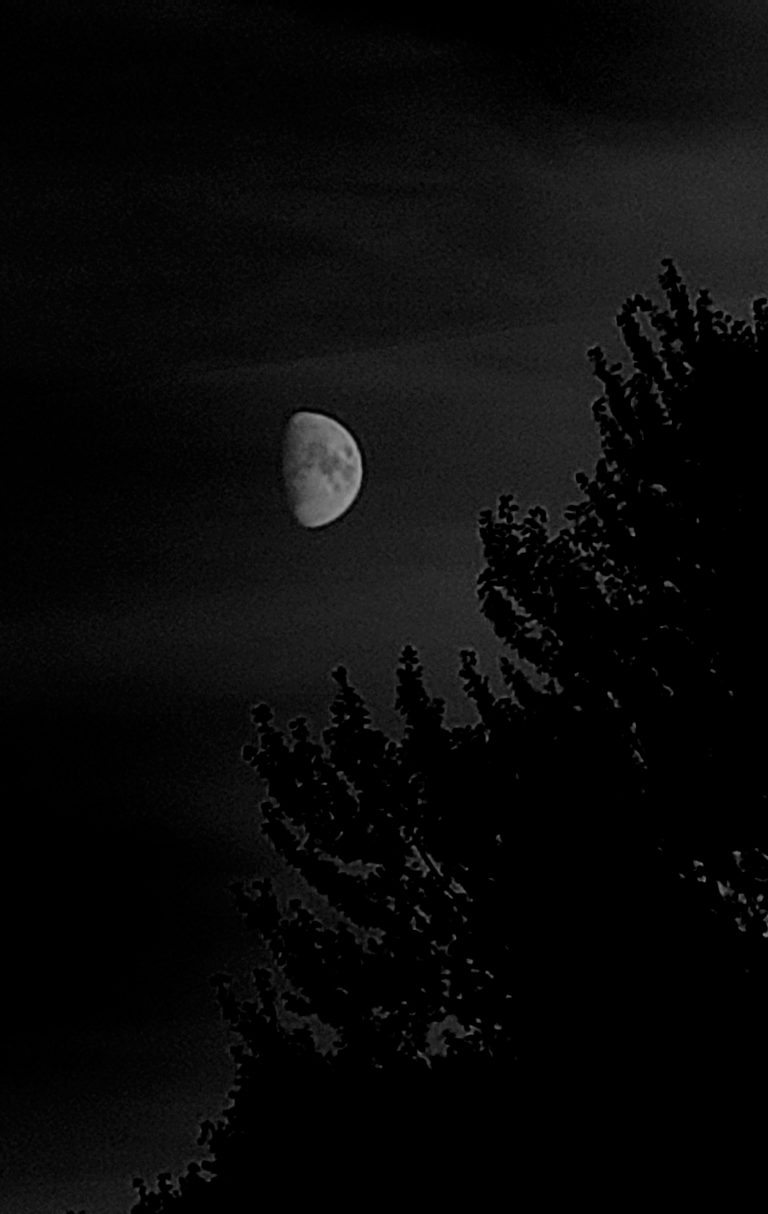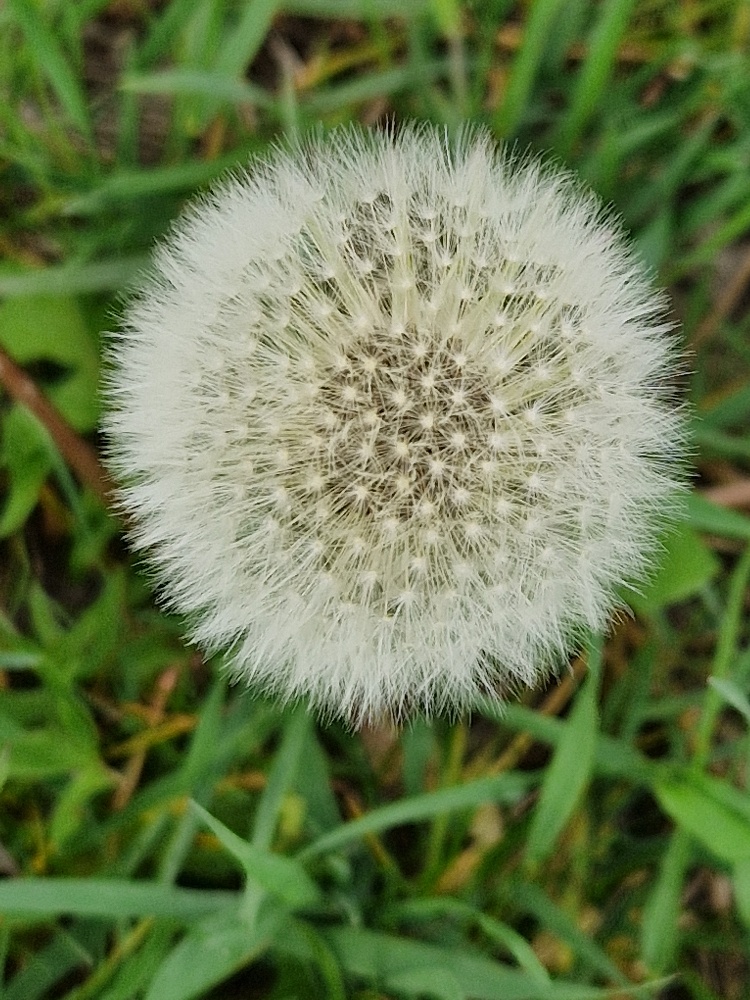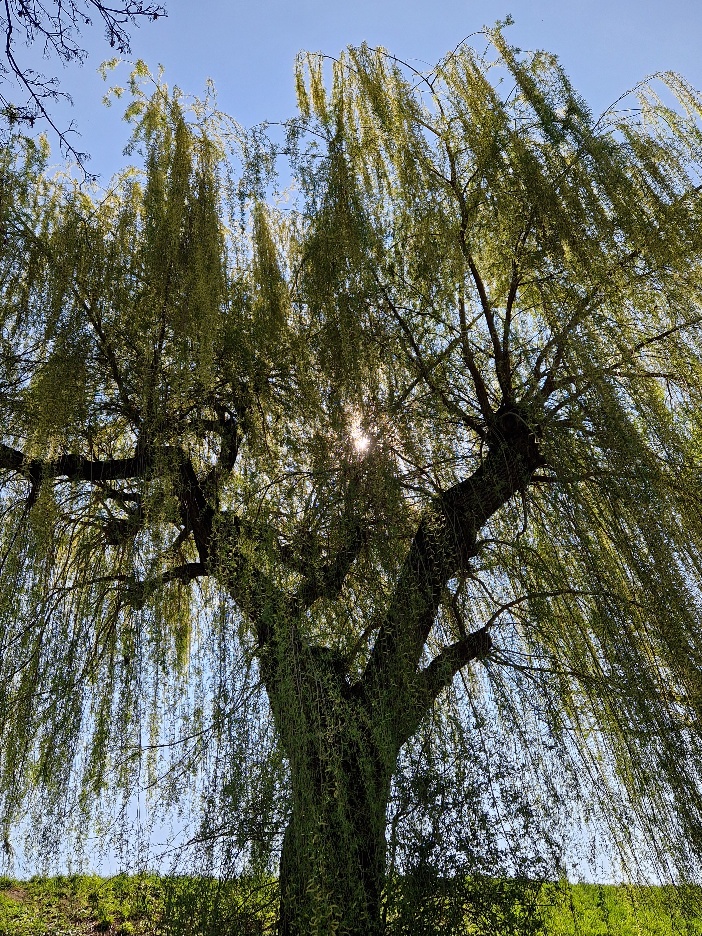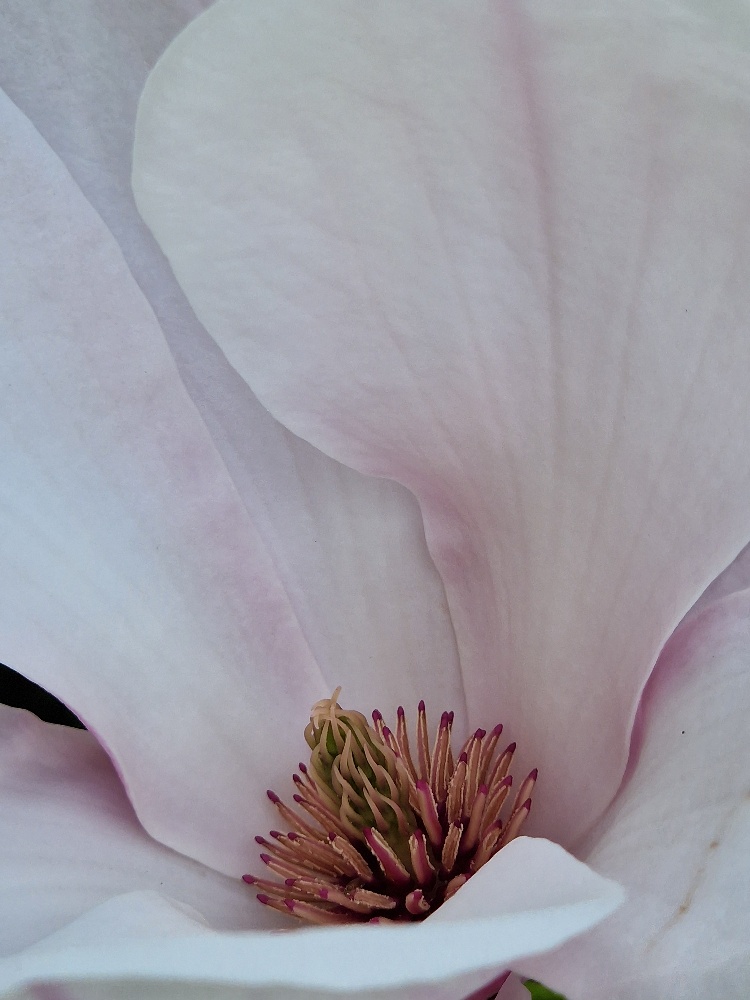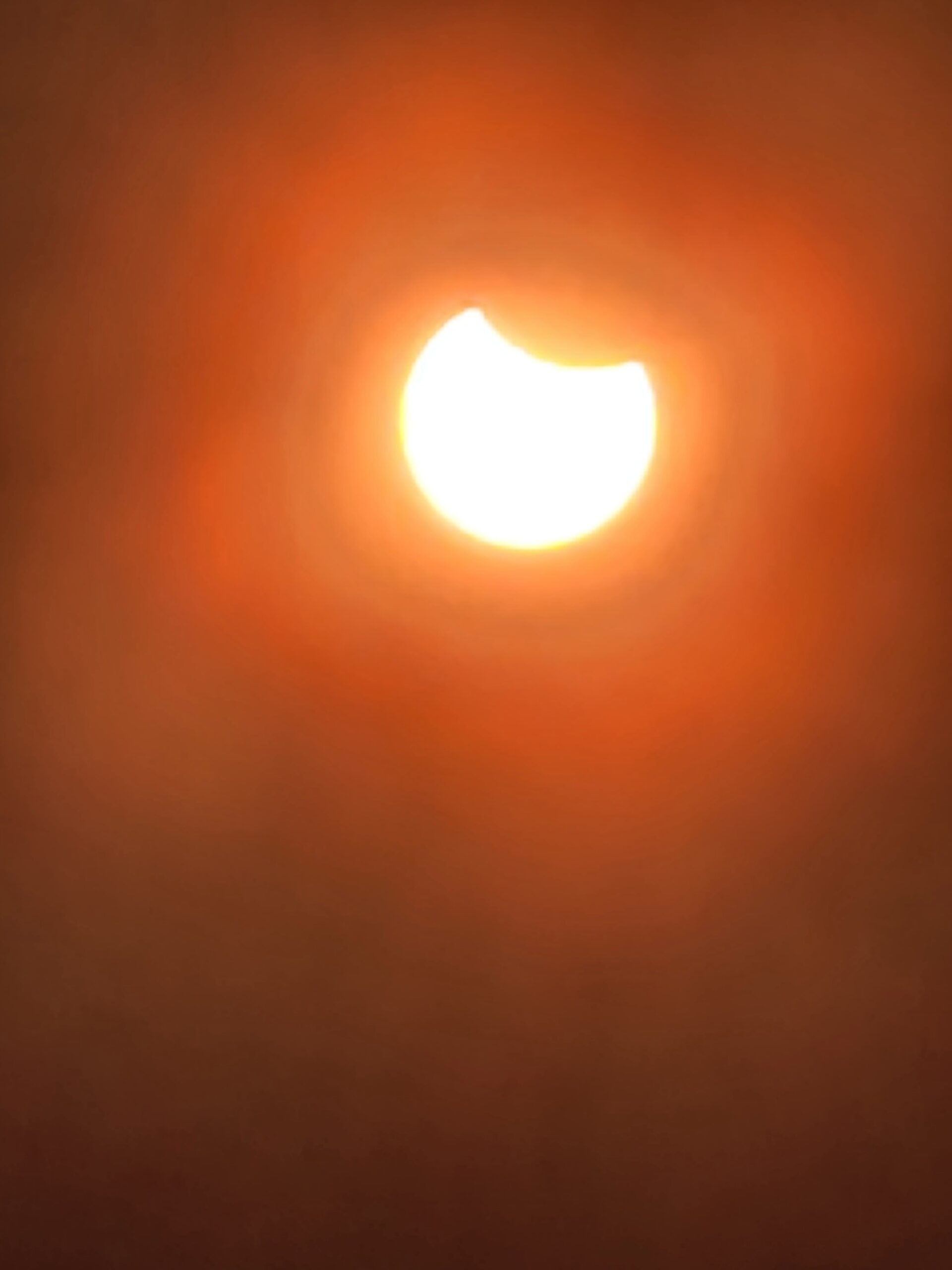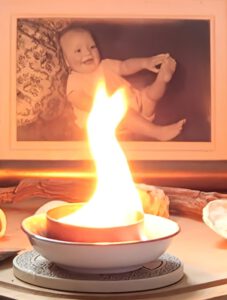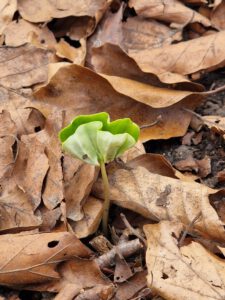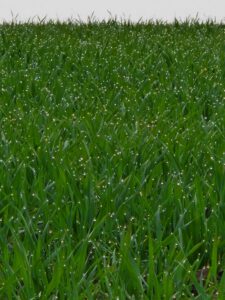I think we dream so we don’t have to be apart for so long. If we’re in each other’s dreams, we can be together all the time.
A.A. Milne – Winnie the Pooh
Don’t fake it, baby
Lay the real thing on me
The church of man, love
Is such a holy place to be
Make me, baby
Make me know you really care
Make me jump into the air
David Bowie – Moonage Daydream
As a kid I was given the nickname `Paddy Last´. This name reflected my preference for spending my days with my head in the clouds, daydreaming my way out of the seemingly unpalatable daily turbulence and tension that characterised both home and school life. It was a form of self-medication which protected me from the most abrasive aspects of the human condition in those tender pre-teenage years.
The affectionate admonishments for my daydreaming were a small price to pay for the solace gained by being able to take refuge in my imaginary world, where things were arranged in harmony and awe. I could watch the Irish sky for hours, imagining the clouds to be dragons, dolphins, giants, faeries, and the like, totally contented and invigorated by my musings.
The thought sometimes came to me that the world would be a far better place if not for all these humans, and my best friend for quite a long spell was our family dog, Darky. I could withdraw with him into one of the secluded corners of our sprawling old home and hold long conversations with him, sharing my dreams, trials, and tribulations. He always listened attentively, and never judged.
Alas, those days of early childhood must inevitably come to an end as we cross the threshold into puberty and adolescence. This is when I became a `Moonage Daydreamer´. The celebration of my tenth birthday in June 1971 took place during a 41-month period of moon landings starting on 20 July 1969, with Neil Armstrong and Buzz Aldrin on Apollo 11, and ending on 14 December 1972 with the final moon landing of the crew of Apollo 17.
This birthday also coincided with the recording, by David Bowie and his backing band (later named `The Spiders from Mars´) of an album called Hunky Dory, which included the single `Life on Mars´ which became a worldwide hit by 1973.
I am not sure when these sounds first registered with me; certainly, by the age of fifteen one of my favourite C90 cassettes, which I had with me wherever I went, had `Hunky Dory´ on one side and `The Rise and Fall of Ziggy Stardust and the Spiders from Mars´ on the other.
My daydreaming had taken on a new quality; the hedonistic attitude and spirit of anger and rebellion that characterised those times. I lived for the music and the refuge it provided from the rising anxiety which was my response to the demands of the world. The messages contained therein were revolutionary and fresh. The many inhibitions of the suffocating archaic Irish Catholic culture were beginning to evaporate, one by one, and an entirely new world opened up to me.
As was bound to happen, I was eager to `have it all, and have it now´, which included the drugs which were a core component of this sub-culture, primarily alcohol and weed. This became a reality at around the age of sixteen and morphed into a daily habit once I left home two years later.
The tragedy of this solution, – for it was a solution, far superior to the daydreaming, in terms of taking the edge off life, – was twofold; when I started, I often couldn’t stop, and this form of refuge ultimately kills off all dreams, creativity, and imagination. The former I accepted as a challenge – never to be mastered, – a nut to crack; the latter I was to discover much later in life, long after the solution had ceased to work.
But first there were over two decades of so-called highly functional addiction; struggle, resentment, delusion, denial, and success, punctuated by regular weekly blackouts. A `Jekyll and Hyde´ existence which fed on fear and engendered even more. Fear of fear finally brought me to the turning point; either end it all or ask for help.
I did the latter when all other options had failed, discovering that I was not a case of `a bad person who needed to get good´ but rather a `sick person who needed to get well´. I began to adopt and to practice a daily solution which had worked for countless others since the foundation of Alcoholics Anonymous in 1935.
Thankfully, the universe conspired to get me onto this trajectory of abstinence and recovery in my early forties. Though I was left standing in the rubble of my dreams in terms of worldly aspirations, I sensed relief at no longer having to live a life which baffled me and felt as if it were not mine.
The trouble was that I did not know who I was, and which life this stranger was called upon to lead. My fellow-travellers helped me get to know myself, in part through helping me see who I was not. The Captain of the Universe, the one running the show; that one had to go. Inventory helps in this respect.
The hopeless addict and drunk had already been superseded by a guy who was living clean and sober with ups and downs, one day at a time. Now the shame and guilt could be removed for the illusions they were, by engaging upon making my amends and clearing away the wreckage of my past. Making a clean breast of things liberated me from the prison of the double life. The compass gained by establishing and cultivating my relationship with what I call `the divine within´ obviated the need for any further double-life antics.
`If I do what I say, and say what I do, I have nothing to worry about´, said my wise old friend Ron. Having nothing to hide brings relief beyond description.
As I embarked on learning self-care, something which, perhaps due to excessive daydreaming, had been missed first time round during childhood, dreams emerged from the deep, some long forgotten, some novel and new. They did not come true by me obsessively pursuing them as outcomes, but rather as the by-product of simply doing `the next right thing´.
For example, when I looked out over the Indian Ocean toward the horizon in the early days of a development aid assignment in 2013 and discovered, to my surprise and total delight, the plumes of the humpback whales, I remembered that this was once a cherished dream of that lost Irish boy. Over a period of almost two years, I was provided ample opportunity to get to know them close up, from the tiny wooden boats of the local fishing fleet.
My life since its turning point in 2003 has brought many dreams to fruition. Climbing mountains which appeared beyond my reach, running marathons along beautiful shores, dancing, singing, and making music, engaging in service all around the world, re-engaging with my beloved family, learning photography and meeting people who inspire and lead by example.
Even my teenage idol David Bowie turned out to be such an inspiration in my new life. Having hit bottom himself in the late seventies, he gradually got to a point where he could get and stay clean and dry. Upon this foundation he built his new sober life, continuing to break new ground in terms of visual and musical creativity. He turned out to be my Starman in the end. He was truly one of a kind.
In a 1999 BBC interview with Jeremy Paxman the following dialogue took place:
Paxman (somewhat incredulously): `So you don’t drink, not even a glass of wine?´
Bowie patiently responds: `No, it would kill me. I’m an alcoholic, so it would be the kiss of death for me to start drinking again. My relationships with my friends and my family are so good and happy for so many years now, I wouldn’t do anything to destroy that again.´ He then goes on to say: `It’s very hard to have relationships when you’re doing drugs and drinking, for me personally; you become unreceptive, closed off, insensitive; all those dreadful things you’ve heard every other pop singer say. And I was very lucky that I found my way out of that. It’s been good for me…..´
As Henry David Thoreau put it: `Our truest life is when we are in dreams awake´.

